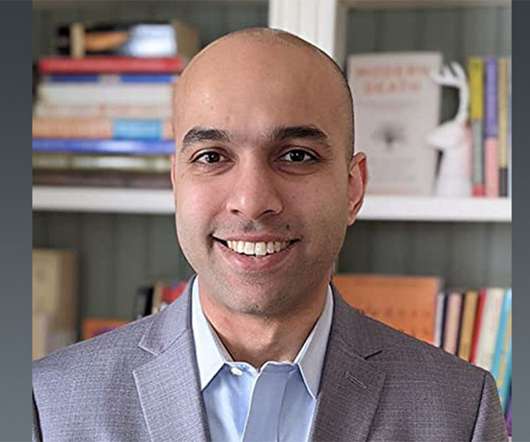Deprescribing Super Special Part II: Podcast with Elizabeth Bayliss, Ariel Green, and Kevin McConeghy
GeriPal
AUGUST 4, 2022
A year ago we did our first “Deprescribing Super Special”. Eric: So we’re calling this a deprescribing super special. We’ve done some deprescribing episodes before, but never a super special. We’ve done some deprescribing episodes before, but never a super special. Alex: So this is Super special 2.












Let's personalize your content